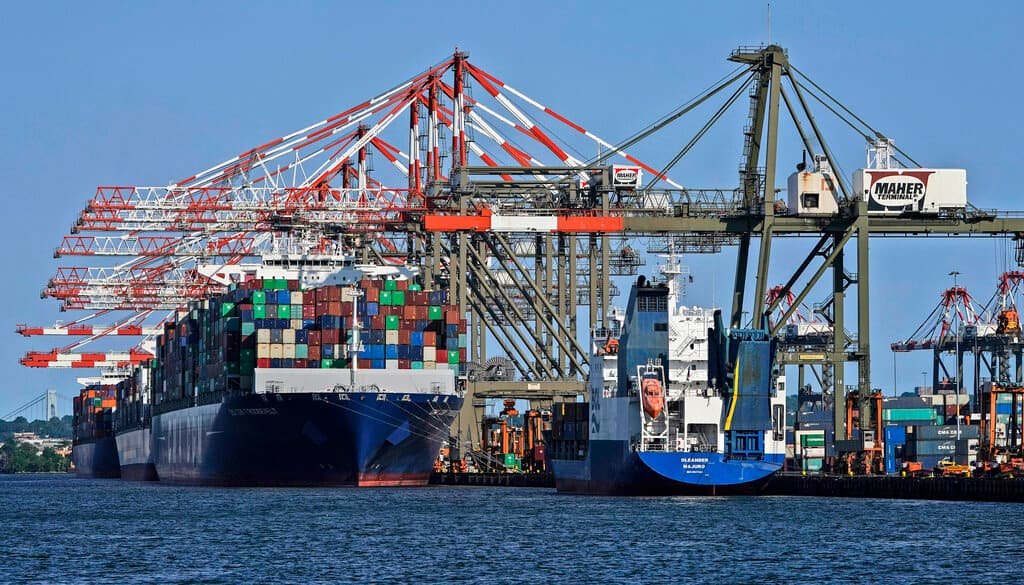The recent shifts in global trade dynamics, particularly under the previous U.S. administration, have presented an unexpected challenge to traditional economic paradigms, prompting a re-evaluation of established international commerce principles.
A notable aspect of this disruption involves the implementation of significant access fees for foreign entities seeking to engage with the highly lucrative US market. For instance, a considerable 15 percent charge has been observed, recalibrating the operational costs and economic strategy for international businesses.
Despite these added financial layers, the allure of the American market for European trade remains profoundly strong. The sheer scale and inherent profitability continue to render this access fee a modest expenditure in the broader context of potential gains and vast consumer base.
This new reality necessitates a strategic pivot for European businesses. Companies are now compelled to factor these revised trade policy parameters into their financial projections and supply chain management, adapting to ensure sustained competitiveness and market presence.
The implications of such measures extend far beyond bilateral relations, resonating across the entire spectrum of international economics. Nations worldwide are observing these developments closely, pondering the potential for similar protective tariffs and their subsequent influence on global supply chains and trade agreements.
This unfolding scenario serves as a compelling case study for economists, challenging their models and predictions. It underscores the fluidity of global commerce and the necessity for economic theories to adapt to real-world political and strategic decisions rather than just market forces.
Assessing the long-term ramifications, questions arise concerning the potential for reduced innovation due to market barriers, shifts in manufacturing hubs, and the ultimate impact on consumer choices and prices in both the short and extended future.
Ultimately, the ongoing narrative surrounding these trade adjustments provides a potent lesson: the intersection of politics and economics can fundamentally reshape global commerce, forcing all stakeholders to reconsider their fundamental understanding of international economics and market access.






Leave a Reply